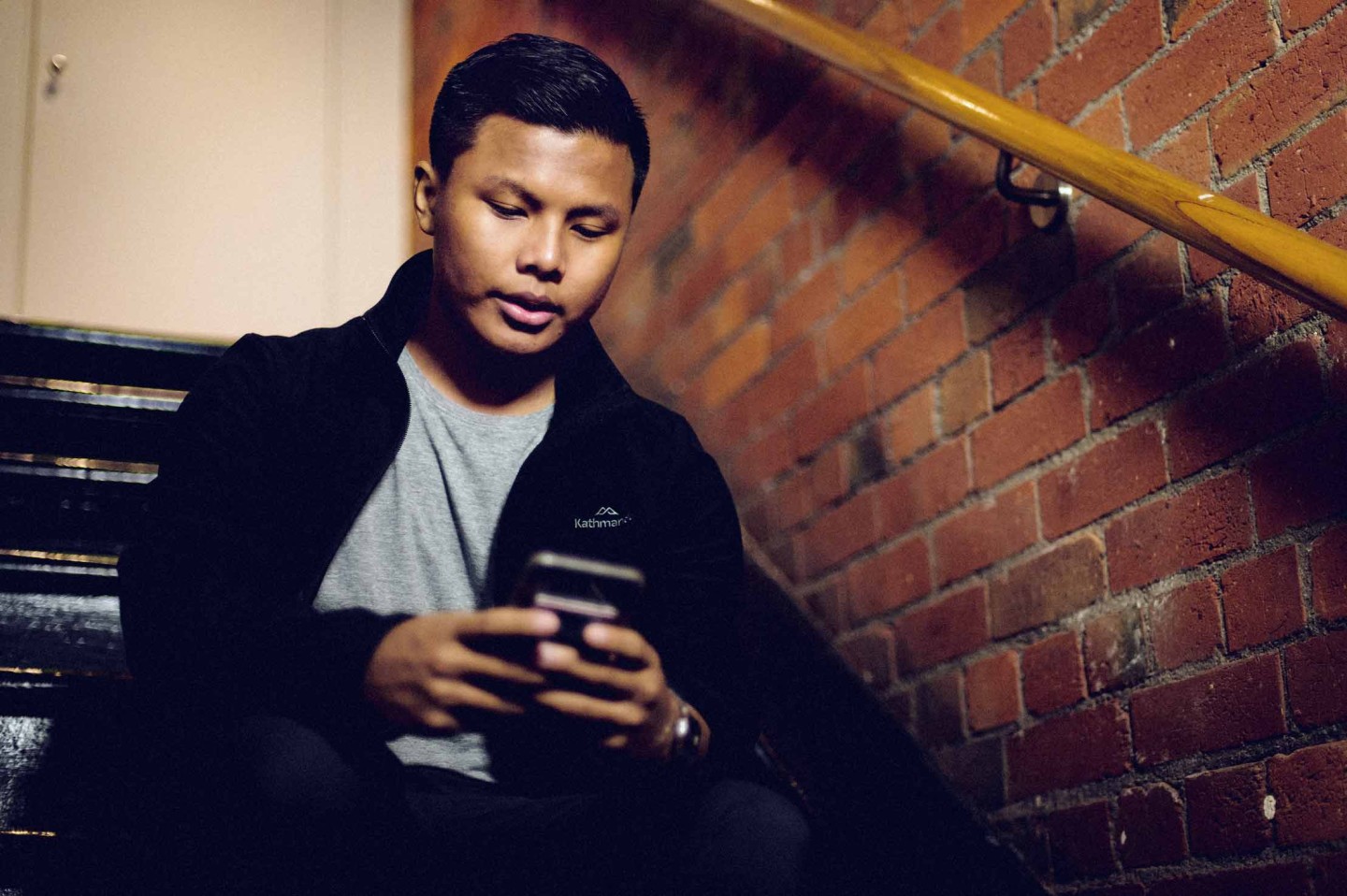The internet has changed the way we work, socialise and relax, with a lot of these activities now happening online. It has added a lot of value to our lives.
The research is unclear how much screen time is too much. What is clear however, is that it is important to keep a healthy balance of online and offline activities in our lives.
Screens and devices have become essential for us to do our work, and can be excellent learning devices. We can also use them to connect with others, get support, master new skills, relax and have fun. Some online activities help us learn and be productive, whilst others provide downtime and enjoyment.
However, there are other online activities that be less productive or maybe unhealthy, for example distressing violent games, or if the content you’re watching or reading is isn’t making you feel good. So not all screen time is equally valuable.
Signs that your screen time is getting out of balance
It’s important to think about the impact that your screen time is having on your life.
- Stay active - Research has linked screen time with an increased amount of sedentary behaviour (sitting around) in children and teens, and we know that being active is good for our physical and mental health. Are you still making time to move? Play sport or be more active?
- Sleep - Sleep is VERY important. If you’re on screens when you’d normally be sleeping you might need to turn off a little earlier or move your device out of your bedroom. Most young people need between 8 and 10 hours of sleep a night to be at their best, both physically and mentally.
- Social time - Being connected to others can help us to feel good. We can connect to others online but it’s also important to be with people we care about out in the world too. Are you keeping time to meet up with family and friends?
- Variety of activities - are you keeping up with your studies and work? Doing other ‘offline’ activities that you enjoy like reading, music or other hobbies?
- Are you making time to stop and eat well? Don’t let other activities slip off the radar, they are important for you too.
- Conflict, irritability and stress - if you’re getting into conflict with others about your screen time or are feeling irritable, sad or tense when you can’t be online, it might be time to think about the balance of screen time in your day.
- Money – are you spending more money than you can afford on new devices, games or in-game purchases? This can become a problem for some people too.
Supporting yourself / getting help
The amount of time you spend on your screen can sneak up without you realising it. What can you do if your screen time has gotten out of balance?
- Get other things done before you relax with some screen time. For example , get active, get your studies and chores done, walk the dog and spend time with your family or friends before you turn on your device. Treat it as a reward.
- Decide in advance how much time you want to spend online, then set a timer to help you stay within that time limit.
- Schedule in some ‘no screen times’; set up times to ‘unplug’ (Apple and Android have built-in tools that can help).
- Make mealtimes screen free.
- Make sure to have other hobbies and interests that you enjoy regularly, like seeing friends or playing sport.
- Stay active while you game. Get up and move regularly. Doing some simple stretches can really help.
- Work out how much sleep you’re getting. Sleep should be a priority, it is important for our physical and mental health.
- Charge your devices outside of your room or perhaps don’t have them in your bedroom at all. It will reduce the temptation to be online instead of sleeping.
If you find that your relationships, mood, studies or work are being impacted by your screen use, then it might be useful to talk with someone you trust like a parent, teacher, school counsellor, family member, Elder or friend.
With the right support, most people are able to get back to enjoying the benefits that gaming and internet use can contribute to their lives.
Professional support
If you or someone you know is going through a tough time a good place to start when your seeking help or information is your GP. You can also contact a headspace centre, eheadspace (our phone and online support) your school, TAFE or university wellbeing service, your local health provider/GP, or Kids Helpline
For more information, find your nearest headspace centre or for online and telephone support, visit eheadspace.
The headspace Content Reference Group oversee and approve clinical resources made available on this website.
Last reviewed 31 July 2023
Get professional support
If you feel you need help there are a range of ways we can support you.
